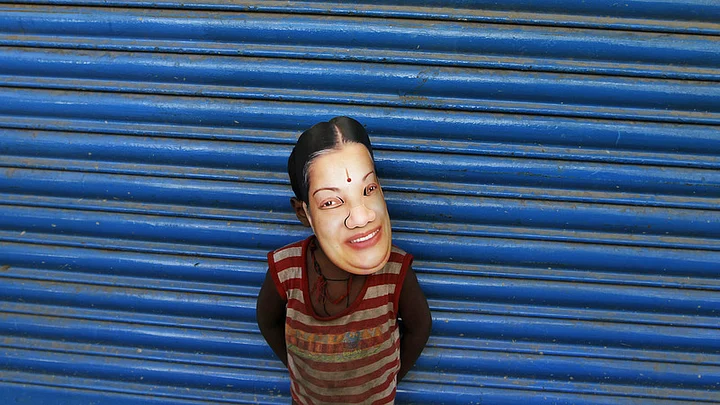The Cult Politician is a best-selling product in India. Resilient. Money-making. Larger-than-life. With amazing Top-of-Mind recall. Here are five brand attributes common to them.
1. Personalises Benevolence
It probably has to do with our feudal past, but we can’t help idol-worshipping those distributing state largesse. Idlis for a rupee, laptops for free, subsidised housing... It doesn’t matter if it’s the honest tax payer footing the bill; it’s the politician who is celebrated.
And no one has perfected this art better than Jayalalithaa. As Sudha G Tilak writes for the BBC: “On the ground, she is Amma, the chief patron of munificence.”
Mayawati, four-time chief minister of Uttar Pradesh, was renowned for the welfare schemes she would shower. On her 54th birthday, schemes totalling Rs 7,312 crores were launched by the state government.
Others like Congress President Sonia Gandhi choose to bequeath power and privilege to chosen party men through more discreet power darbars.
It doesn’t matter what is being handed out — pressure cookers or portfolios — as long you don’t forget that it is only because you are in the good books of the Supreme Leader.
2. Bounces Back
To be a cult politician, you need to be resilient. The grander the comeback, the better it is. Indira Gandhi demonstrated it in 1980 when, despite the excesses of Emergency, she decimated a splintered opposition to engineer the Congress’ 351-seat-win in the parliamentary election.
We emotional Indians love nothing more than rooting for the underdog. If you have undergone a personal tragedy or a political upheaval; hearts (and votes) go gushing out to you.
And if you are seen as a victim, the comeback is near assured.
The attack on Mamata Banerjee in 1991 by a CPI(M) goon marked a turning point in her political ascendancy. The groundswell of popular opinion turned in her favour. The recent vindication of Jayalalithaa on corruption charges became a rallying point for the AIADMK and she returns to power, stronger.
3. Is Robin Hood
Rational Wiki defines a personality cult, or cult of personality as “a system in which a leader is able to control a group of people through the sheer force of his or her personality and is often portrayed as a god-like figure.”
What better icon for a politician to adopt than Robin Hood?
Everyone says they are taking from the rich to return to the poor. For Mayawati, populism was all about ensuring social and economic development for the poor, especially the dalit community. So what if some of the outlays were unconventional, like large parks and even larger statues.
Mamata Banerjee with her slogan of Ma, Mati, Manush is more communist than the comrades she succeeded, and publicly flaunts her pro-poor stance. Sonia Gandhi has been building up her pro-poor image (with mixed results) ever since the Modi government came to power a year back.
4. Cuts out Competition
While paying lip-service to a transparent meritocratic organisation, cult leaders prevent any second-rung leaders from ascending. This is vital to ensure the primacy of their reign.
In a Financial Times article titled Beware the personality cult in democracies, John Kay writes, “Meritocratic selection of leaders is the exception, not the rule. Systems of patronage and preferment are universal and the normal locus of such patronage and preferment is the family business, based on individual property rights and personal fealty.”
Loyal lieutenants are often promoted in a facade of egalitarianism, to run the show when the leader is away.
5. Larger Than Life
There is no point pointing a finger at Kim Jong-un or Vladimir Putin. Cult leaders need their personal mythology to flourish. The huge cut-outs have made way for media spreads, Twitter, and Facebook. But conventional or social media, the messaging remains incessant and larger-than-life.
Rather than highlighting the achievements of the political party, or showcasing manifesto promises, personal traits of the leader are extolled. Personal traits that will magically rid the state of all ills.
Parallels are drawn to gods and goddesses. In the 1970s, Indira Gandhi was Durga, and Amma is referred to as Adhiparashakti.
Much has been written about PM Modi’s individualistic style, especially in the run-up to last year’s general election. In all fairness, the lines are blurred and one person’s personality cult may be the other’s genuine mass leader.
(At The Quint, we question everything. Play an active role in shaping our journalism by becoming a member today.)
